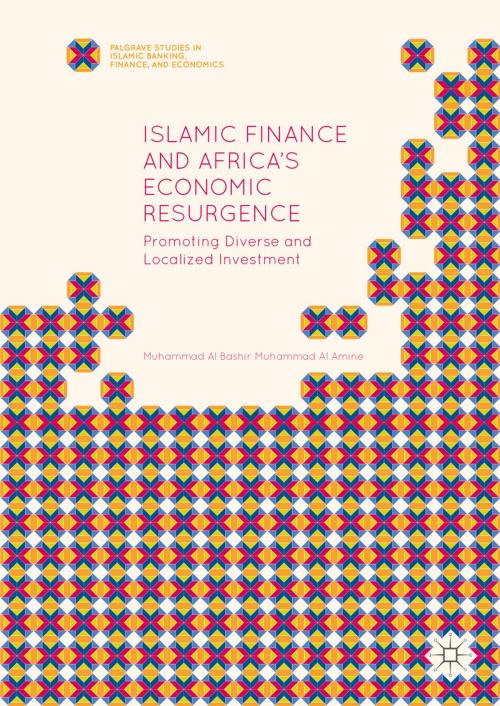Islamic Finance and Africa's Economic Resurgence
Promoting Diverse and Localized Investment
Business & Finance, Economics, Macroeconomics, Finance & Investing, Investments & Securities| Author: | Muhammad Al Bashir Muhammad Al Amine | ISBN: | 9783319288352 |
| Publisher: | Springer International Publishing | Publication: | June 8, 2016 |
| Imprint: | Palgrave Macmillan | Language: | English |
| Author: | Muhammad Al Bashir Muhammad Al Amine |
| ISBN: | 9783319288352 |
| Publisher: | Springer International Publishing |
| Publication: | June 8, 2016 |
| Imprint: | Palgrave Macmillan |
| Language: | English |
This book analyzes Africa's unprecedented economic growth, the state of its financial sector, and the varied opportunities for Islamic finance investors. It considers the role - potential and realized - of Islamic finance in fostering financial inclusion in areas such as banking, microfinance, capital market development, insurance, and private equity business. The book stresses that investing in Africa through Islamic finance will open new markets, ensure higher profit margins, diversify risk, and create business competition; and that these changes that will provide financial products that can satisfying the desires and beliefs of all consumers and unlock the real potential of the continent's financial system. The book also looks into the rise of international interest in Africa and concludes by scrutinizing the challenges impeding further economic growth, as well as the specific barriers that need to be addressed in order to promote the implementation of Islamic finance. Investors, policymakers, and academics ready to confront these challenges will find much of value in this book.
This book analyzes Africa's unprecedented economic growth, the state of its financial sector, and the varied opportunities for Islamic finance investors. It considers the role - potential and realized - of Islamic finance in fostering financial inclusion in areas such as banking, microfinance, capital market development, insurance, and private equity business. The book stresses that investing in Africa through Islamic finance will open new markets, ensure higher profit margins, diversify risk, and create business competition; and that these changes that will provide financial products that can satisfying the desires and beliefs of all consumers and unlock the real potential of the continent's financial system. The book also looks into the rise of international interest in Africa and concludes by scrutinizing the challenges impeding further economic growth, as well as the specific barriers that need to be addressed in order to promote the implementation of Islamic finance. Investors, policymakers, and academics ready to confront these challenges will find much of value in this book.















